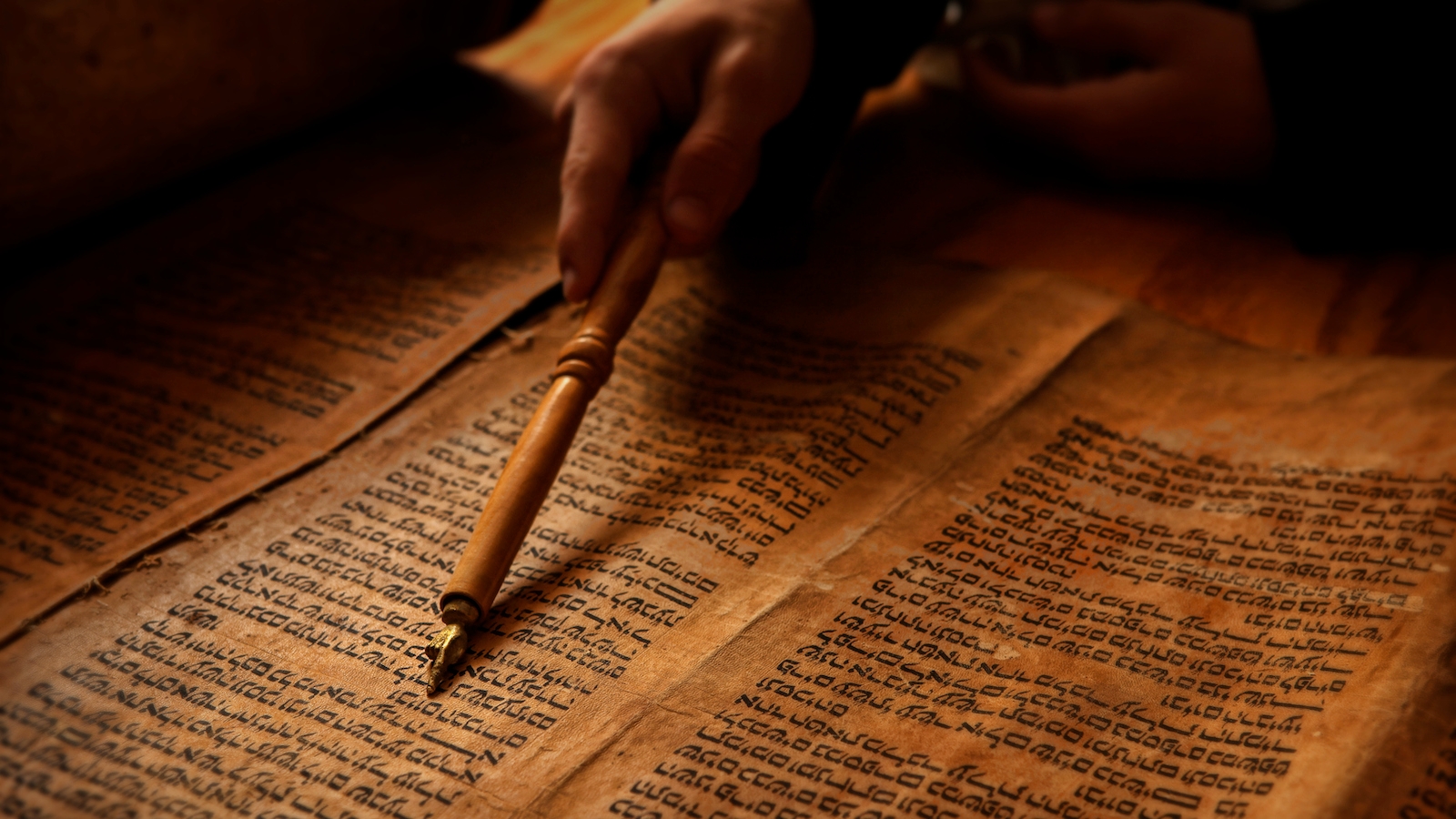Commentary on Parashat Balak, Numbers 22:2-25:9
According to the Rabbis of the Talmud, Balaam was one of seven non-Israelite prophets. (One list also includes Balaam’s father, as well as Job and the four friends who came to “comfort” him. Another list includes Adam and Noah.) God does not speak only to Israel, but the Rabbis detect important differences in the way God speaks to Israelite prophets. Rabbi Hama, the son of Rabbi Hanina said, “To the prophets of the world, the Holy One appears with half-speech only; but to the prophets of Israel, with complete speech, clear speech, affectionate speech.”
We should like the prophecy of Balaam, as related in this week’s Torah portion, Parashat Balak, because there is no reproof in it, only praise of Israel. How rarely do we find that in the words of Israelite prophets! And indeed, Balaam’s words are the first to be recited when we enter a synagogue: “How fair are your tents, O Jacob,/Your dwellings, O Israel!” (Numbers 24:5) But something is missing.
If you look in a Torah scroll, you will see many breaks in the text, some at the end of a line (p’tuhah) and some in the middle of a line (s’tumah). There is a long tradition preserving these spaces, and Torah scribes follow this tradition carefully. Just as the silence of rests is an important part of music, so, too, breaks in the Torah text (the absence of words) can be important clues to its interpretation. But Balaam’s prophecy contains no such spaces.
The Hafetz Hayyim (Rabbi Israel Meir Kagan, 1838-1933) asks why there are no breaks in this Torah portion as it is written in the Torah scroll. From Balak’s initial alarm and commissioning of Balaam to curse Israel to the very end of Balaam’s prophecy (Numbers 22:2-24:25), there is only solid text.
With your help, My Jewish Learning can provide endless opportunities for learning, connection and discovery.
True, Balaam was a prophet, and his prophecy was inspired from above: “I can utter only the word that God puts into my mouth.” (Numbers 22:38) But why should this section look so different from others in the Torah? The Hafetz Hayyim answers his own question, based on several midrashic sources, in the following way: The various breaks in Moses‘ prophecy (i.e., the rest of the Torah) are indications that God gives Moses (and other Israelite prophets) breathing room to process what they are receiving. They are not to act simply as mouthpieces, as empty vessels through which divine speech flows. Rather, the prophet must understand the prophecy and be changed by it.
Moses and the other prophets of Israel participate in prophecy: Their words of God are refracted through human thought and experience. Moses at times even argues with God, following the precedent set by Abraham and establishing a pattern that will be followed later by Habakkuk and others. We can view breaks in the text as opportunities for reflection–both theirs and ours.
But Balaam is allowed no breaks for reflection, nor is he changed by his words. How much broader is the vision of the prophets of Israel! What many of us would consider their core message is articulated by Micah in this week’s haftarah (supplemental reading from the Prophets): “It has been told to you, O man, what is good, And what Adonai requires of you: Only to do justice, and to love goodness, and to walk humbly with your God.” (Micah 6:8)
According to the Rabbis, the era of prophecy ended long ago. (The last prophet was Malachi, after the return of the exiles from Babylonia.) But the effect of prophecy continues whenever we encounter the text anew and whenever we engage it and are changed by it.
For Further Reading:
“Prophecy and the Holy Spirit” in The Book of Legends (Sefer Ha-Aggadah), edited by H. N. Bialik and Y. H. Ravnitzky, translated by William Braude (Schocken Books), 472-481.
Reprinted with permission from the Union for Reform Judaism.
Torah
Pronunced: TORE-uh, Origin: Hebrew, the Five Books of Moses.



